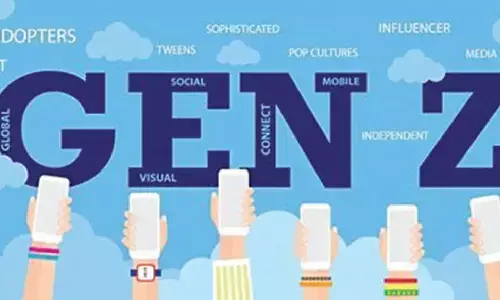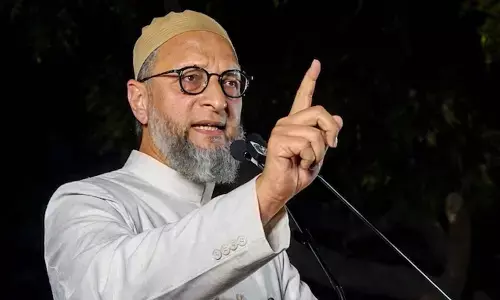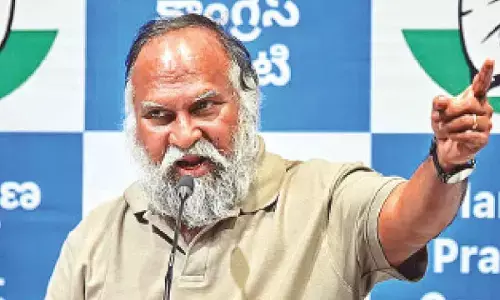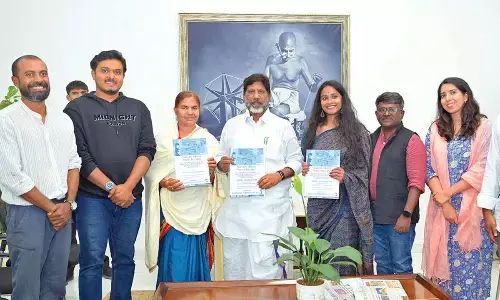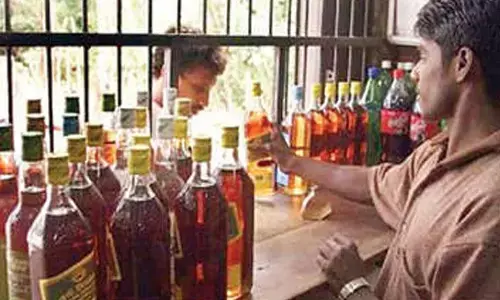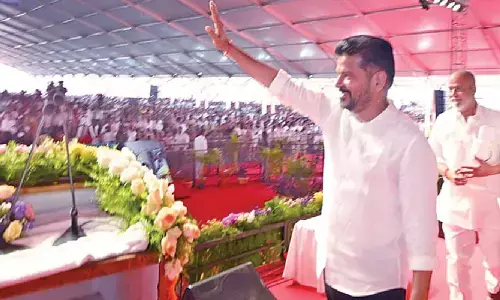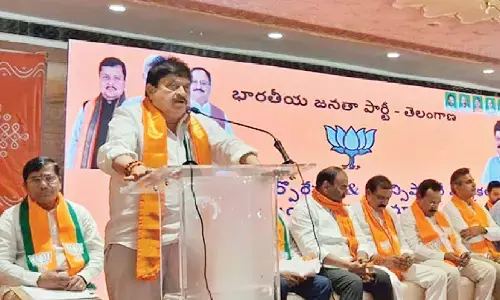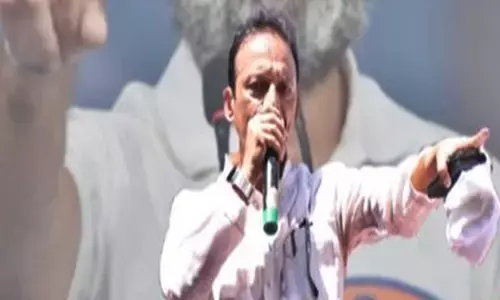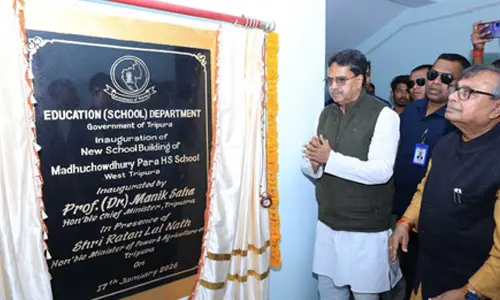Engineering a brighter tomorrow-II
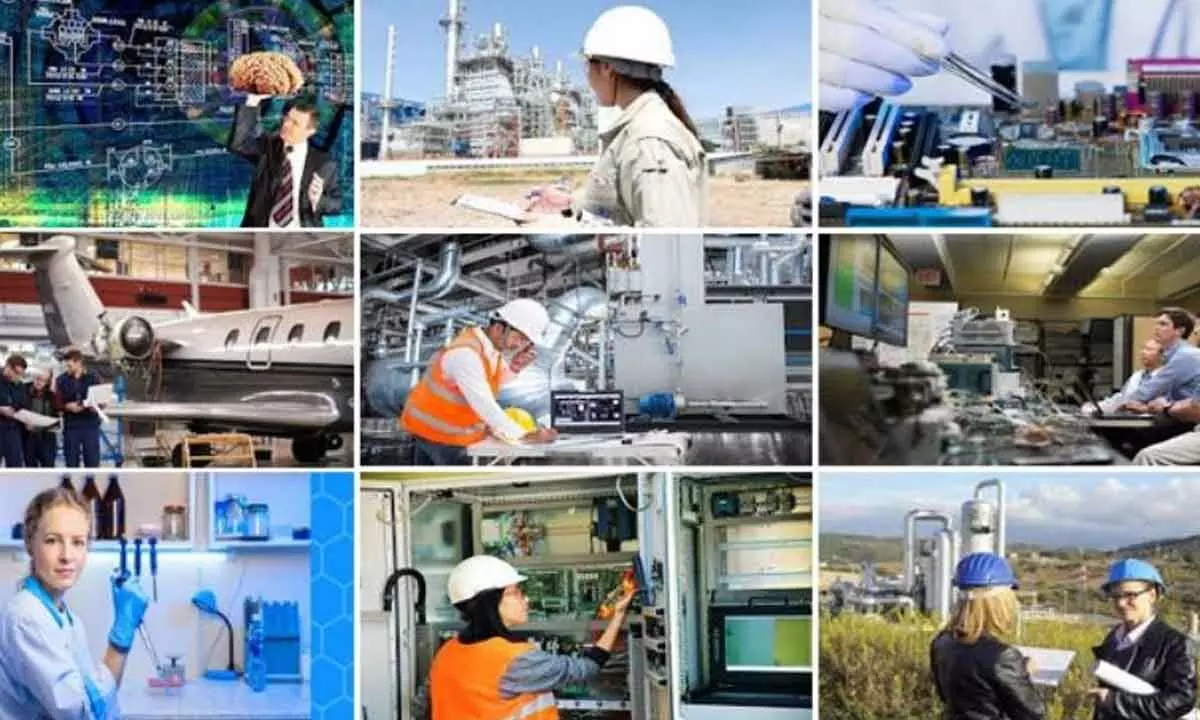
India has produced numerous engineers who did pioneering work in their field and became inspirational figures for the country. Prominent among them was Dr APJ Abdul Kalam, who was an aerospace engineer, known as the Indian Rocket Man for his involvement in developing ballistic missiles and rocket technology. Another was Verghese Kurien, the father of the White Revolution in India, who transformed dairy products into India's largest self-sufficient industry and primary rural employment sector, apart from pioneering the Anand model of dairy cooperatives. E Sreedharan, known as the Indian Metro Man who designed projects such as the Delhi Metro and the Kolkata Metro, is one more who, for his contributions to the public transport system, was awarded the Padma Shri in 2001 and the Padma Vibhushan in 2008. He was also awarded France's highest folk decoration, the 'Medal of Honour' also known as the 'Legion of Honour'. Satya Nadella, who is the CEO of Microsoft, leading key projects such as the move to cloud and the development of the world's largest cloud infrastructure, is another distinguished member of the community of engineers. Kalpana Chawla, who was the first Indian woman to go to space, also figures in the list of all-time great engineers.
More than any other profession, the field of engineering appears to reflect changes contemporary India is going through. People of India believe that engineering offers a stable and secure career which is a great attraction in a society in which poverty and unemployment are still rife. In our country, people generally believe that technical education is a force capable of transforming society, a feeling that informed the decision to found IITs. The field, therefore, is much sought-after in a milieu in which poverty is still a major concern. It is an attractive discipline also as it conduces to social interactions. Its origin can be traced to ancient times, since when it has been vastly impacted by mathematical skills.
The pre-Independence association with government jobs and high status, combined with the post-Independence link to nation-building, perhaps, explains the prestige of engineering in this country. K L Rao, a famous hydraulic engineer who rose to be a Union Minister of State, recorded in his memoirs that he took to engineering as a career, in the pre-Independence period, because he was much impressed with "the style in which the officers of the Irrigation Department lived and the launches and boats in which the officers were travelling."
Thomason College of Engineering was the first Engineering College started in India was in 1847, at Roorkee. Soon after Independence, engineers were invited by Prime Minister Jawaharlal Nehru to discuss their contribution to the process of economic planning.
In the 20th century, engineering was largely undertaken without adequate concern for its possible impact on social, economic, and environmental natural systems. Building a planet that is more sustainable, and stable, is the need of the hour today. Therefore, particularly in view of the role they have to play in the process of equitable growth and rapid development, engineers need to adopt an approach that is eco-friendly and compatible with the cultural ethos of the society.
We live in an era in which most of our social, political and economic activities are technology-driven – especially in this digital age. Engineers and their glorious profession have contributed enormously to the processes of sustainable growth and rapid development over the past two centuries and more. It is necessary, particularly in our country and at this juncture, that we promote, encourage and support the profession and its practitioners so that they can continue to make a significant contribution to the country and its people in the future.
The contribution of engineering and engineers to the field of inventions, discoveries and setting things right, when they have gone wrong, is undoubtedly substantial, as we have seen. It is also important, however, to remember that an element of restraint needs to be exercised in terms of resisting the temptation to set things right when nothing is really wrong. As Thomas Lance, an aid of American President Jimmy Carter, is reported famously to have said "if it ain't broke, don't fix it."
In the context of 'fixing things,' I cannot help recalling an incident relating to my selection to the Indian Administrative Service (IAS), involving my brother-in-law, S S Yechury. He was the father of the well-known CPI (M) leader Sitaram Yechury. He had an obsession for tearing things apart, and re-assembling them, whether it was a motor vehicle or a transistor radio. He was never at a loss for the right impulse at the right time. I would probably not have got into the IAS but for the aplomb with which he handled that tricky situation.
After selection I went for the customary medical examination. I had no known ailment (except perhaps hypochondria!) and did not anticipate the problem. Yechury, who at that time was serving in the Union Ministry of Health, accompanied me. His presence was not objected to, as it should normally have been, as he carried with him the Health Ministry's credentials.
After the usual run of tests, I had to undergo an ophthalmic examination, a part of which was recognition of different colours. Pages of a book were shown to me containing pictures of objects whose outlines were in spots of different colours. The pictures would appear sharply, if one was able to distinguish the dots of different colours. I simply could not make them out. I was told later that this might have been partly on account of nervousness caused by the occasion, particularly after I had been alerted to the possibility of my having a condition. No matter how hard I tried the pictures swam in a blur in front of my eyes. Sensing my difficulty, the technician proceeded to conduct another test with a machine that flashed blue and green lights alternately. Once again blue looked green to me and the other way round!
My nervousness only grew as the possibility of not being selected dawned on me for the first time. What would my father think! As it was, he was none too happy with my performance at the viva voce. Yechury got into the act, and began to cross-examine the technician with a barrage of questions about the method being used, how the technician could tell when I was making a mistake; and whether it mattered at all that I could not make out colours because, after all, I was not going to be a railway guard or a traffic constable! And so and on! Seeds of doubt were successfully sown in the mind of the technician. By that time I too had settled down a bit and, when some of the tests were repeated, I was able to fare better.
"See? What did I tell you?" said Yechury to the technician and argued that my own shakiness, a faulty methodology or a defective protocol in the examination, or a combination of these factors, may have led to an unnecessary doubt being created about my vision.
Partly uncertain by now about the initial opinion he had formed, and partly because of the hurry in which he was on account of the large number of candidates still to be examined, the technician decided that it was not really worth pursuing the matter. I was declared fit and walked out mopping sweat off my brow. But for my brother-in-law's timely (although perhaps unwarranted) intervention, it is possible I could have been disqualified on grounds of defective colour vision.
(The writer is former Chief Secretary, Government of Andhra Pradesh)
(The opinions expressed in this column are that of the writer. The facts and opinions expressed here do not reflect the views of The Hans India)








